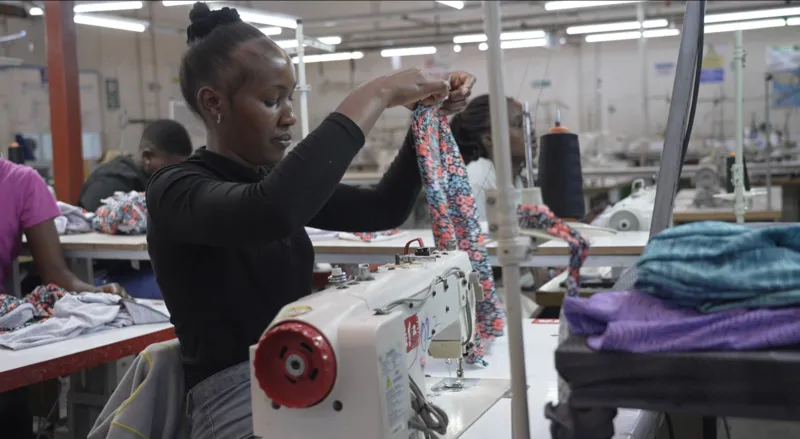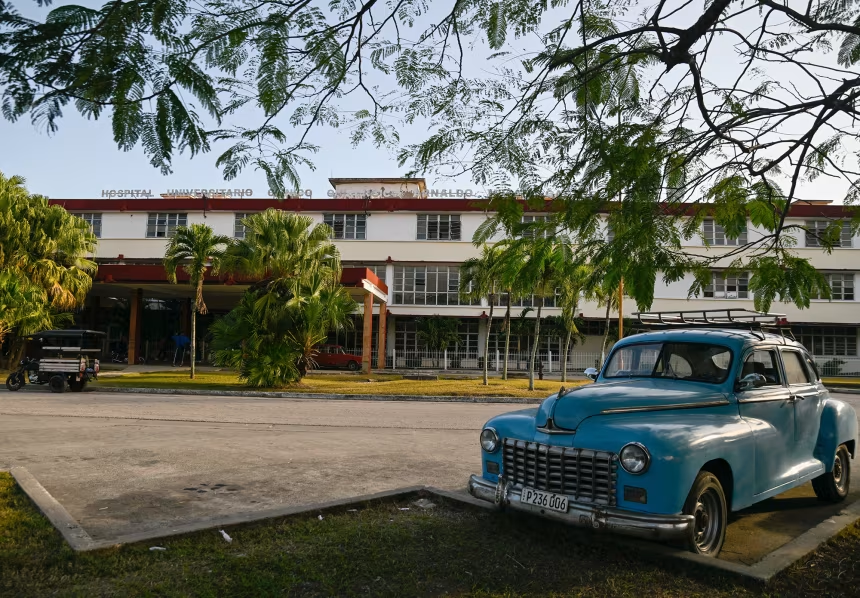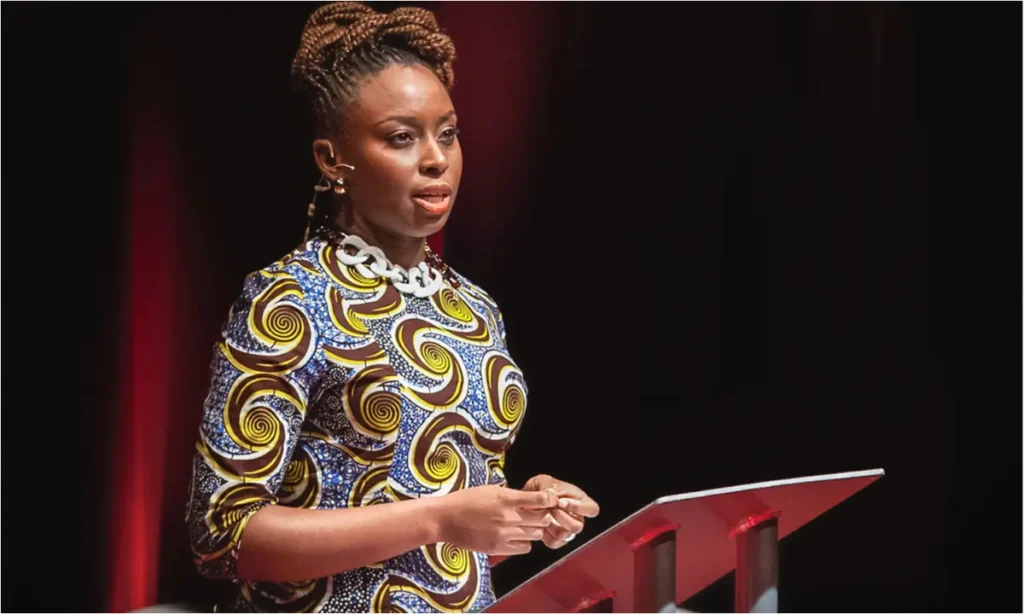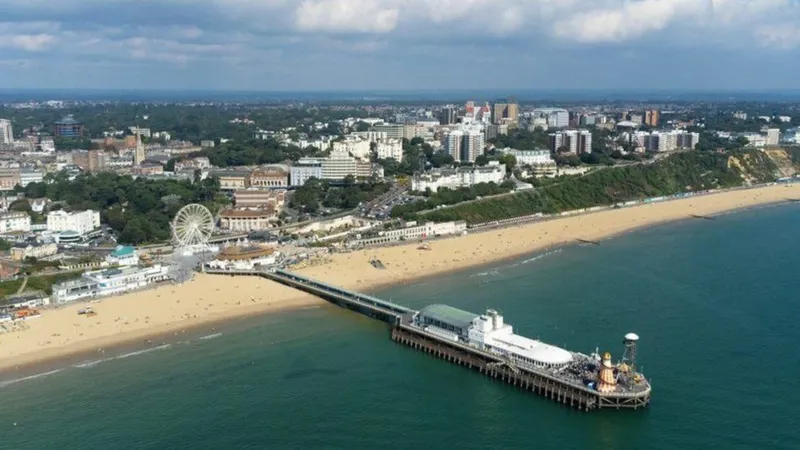Now Reading: Thousands of African workers face uncertainty as US-Africa trade pact nears expiry
-
01
Thousands of African workers face uncertainty as US-Africa trade pact nears expiry
Thousands of African workers face uncertainty as US-Africa trade pact nears expiry

Anxiety is mounting across Africa as the African Growth and Opportunity Act (Agoa) — a landmark US trade programme that has fuelled jobs and exports for 25 years — is set to expire on Tuesday, putting thousands of livelihoods at risk.
At Shona EPZ, a bustling garment factory in Nairobi, Kenya, the steady hum of sewing machines is overshadowed by fears of looming job cuts. The factory employs about 700 workers, including 29-year-old Joan Wambui, whose income supports her daughter, sisters, and mother.
“If Agoa expires, where shall we go?” she asks, stitching fabric with a mix of focus and despair. “In Kenya, it’s very hard to find a job.”
Agoa, often described as the cornerstone of US-Africa trade relations, grants duty-free access for more than 6,000 African products to the US market. It was designed to replace aid with trade, boost industrialisation, and lift millions out of poverty.
Kenya among biggest beneficiaries
Kenya’s apparel sector has flourished under Agoa. In 2024 alone, the country exported $470m worth of clothing to the US, sustaining over 66,000 direct jobs — three-quarters of them held by women, according to the Kenya Private Sector Alliance.
Factories like Shona EPZ not only generate employment but also rehabilitate disadvantaged youths, offering training to those without prior skills. “Most of the people here were taken from the streets,” Wambui says. “If it expires, they might go back.”
But uncertainty has already dented output. Shona EPZ, which normally produces nearly half a million garments monthly, has seen production fall by two-thirds as buyers delay long-term orders.
“If the extension isn’t granted, we may have to send people home and possibly shut down,” factory director Isaac Maluki warns. “Our $10m investment could go down the drain.”
Africa-wide stakes
Over 30 African countries export under Agoa, from textiles to agricultural goods. Lesotho, Ethiopia, and Ghana are also major beneficiaries.
Yet the Trump administration’s trade stance — including a 10% tariff introduced earlier this year — has clouded prospects. While a White House official told the BBC the US supports a one-year extension, no announcement has been made.
Trade expert Teniola Tayo says Africa must play a stronger hand: “African countries really need to figure out what they want from the US and what they can offer, because you need to be offering something in exchange for market access.”
At the UN General Assembly last week, African leaders lobbied Washington intensely. For workers like Wambui, the outcome will decide whether they keep their jobs — or join the ranks of the unemployed.




